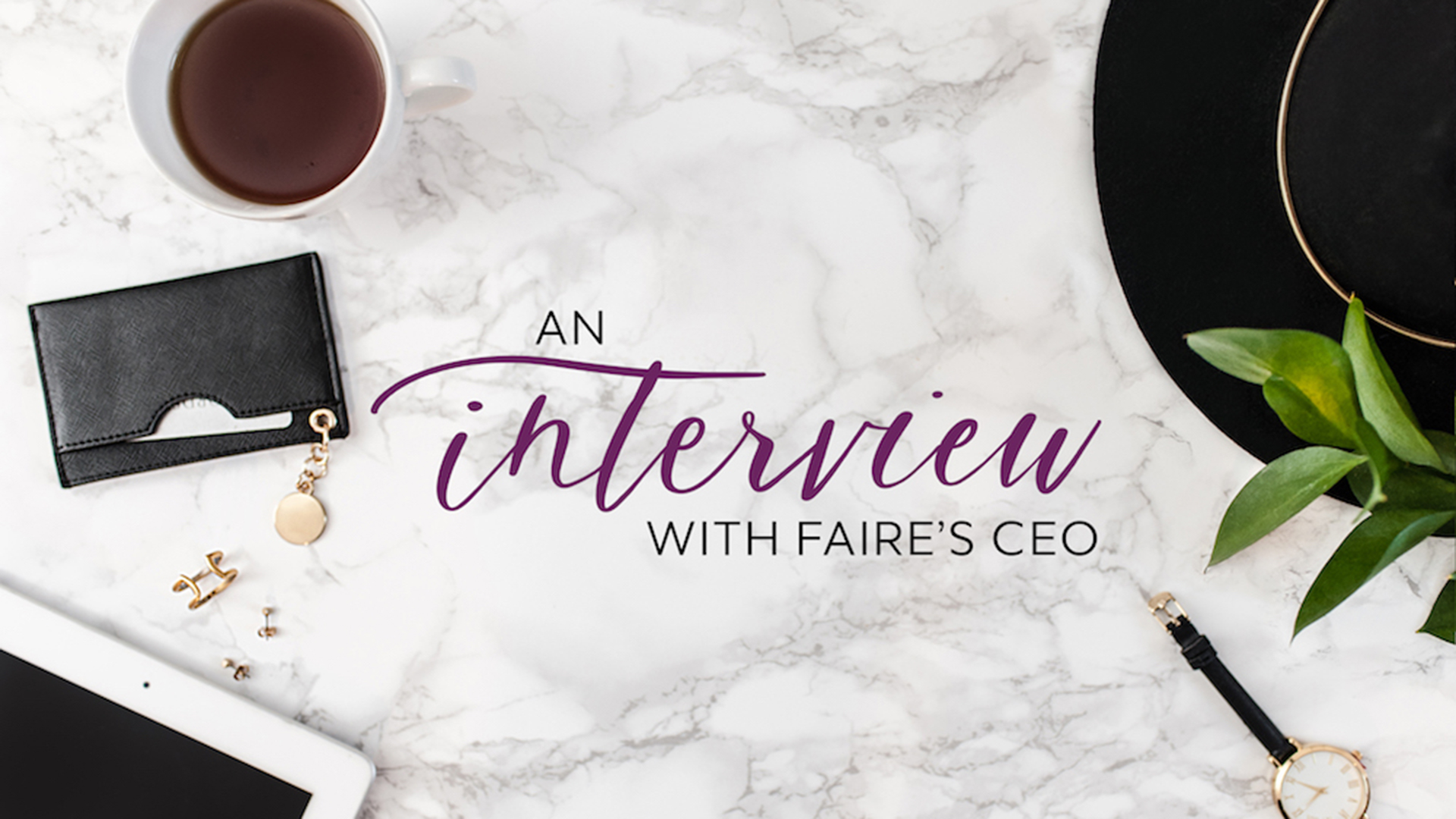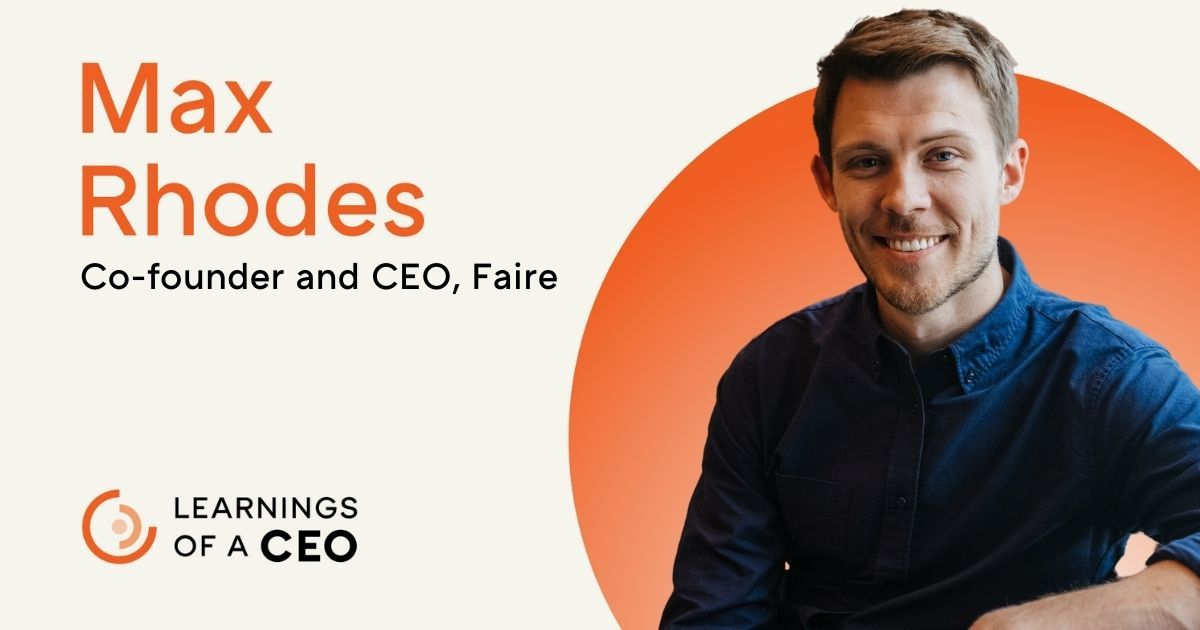Empowering Retail: The Faire Journey of Founders and Their Vision for Independent Businesses

Company profile
Company business details
Motivation to build the product
The founders were motivated by the need to support small retailers and makers who often struggle to find unique products to sell. They recognized the challenges these businesses face in sourcing quality goods and aimed to create a platform that would simplify this process and empower independent retail.Problem that their product solves
Faire solves the problem of connecting independent retailers with unique products from various suppliers, making it easier for small businesses to stock their stores. The end users are small retailers who need access to distinctive products to attract customers and differentiate themselves in a competitive market.Their unfair advantage
Faire's unfair advantage lies in its curated selection of unique products and its focus on supporting independent and women-owned businesses, which resonates with a growing consumer demand for thoughtful and ethical shopping.Strategies
Pre-Launch (Product Development & MVP)
Vetting Process for Makers and Retailers
Max Rhodes detailed the rigorous vetting process for both makers and retailers on the Faire platform. This strategy ensures that only legitimate and high-quality brands are accepted, which helps maintain the integrity of the marketplace. By cross-referencing social media presence and evaluating the quality of products, Faire aims to create a curated selection that appeals to retailers. This careful selection process is crucial in building a trustworthy platform that artisans can rely on.
Community Engagement through Retailer Interviews
Before launching their platform, Katie Witkop and Max, the CEO of Faire, engaged directly with potential customers by visiting various boutique shops in San Francisco. They squeezed into storage closets to conduct interviews with store owners, which allowed them to gather valuable insights about their needs and preferences. This hands-on approach not only helped them understand their target audience better but also influenced the design of their product to feel bespoke and curated, reflecting the community they aimed to serve.
Brand Development through Intuition and Luck
During the early stages of brand development, the founders of Faire relied on intuition and serendipity to shape their brand identity. They initially operated under the name Indigo Fair but decided to rebrand after realizing the importance of representing their community. The decision to name the company Faire came about during a lunch break when the team brainstormed and landed on the name in just 20 minutes, showcasing how collaborative discussions can lead to significant breakthroughs.
Launch Stage
Direct Engagement with Stakeholders
Lela Barker conducted an in-depth interview with Max Rhodes, the CEO of Faire, to address concerns and feedback from the artisan community. This strategy involved directly engaging with the CEO to provide transparency and build trust with potential users of the platform. By publishing the interview without edits, Lela aimed to present an authentic view of Faire's operations and its commitment to the maker community. This approach not only informed the audience but also positioned Faire as a responsive and responsible marketplace.
Logo Design Reflecting Heritage and Community
As part of their branding efforts, Faire focused on creating a logo that resonated with their community of retailers and brands. They chose a classic serif font to evoke a sense of tradition and heritage, aiming to resemble a shop sign that one might find on a local main street. This decision was intentional to distance themselves from typical tech branding, making their brand feel more familiar and approachable to their audience.
Learn more about Faire

An Interview with Max Rhodes, CEO of Faire - Lucky Break Consulting

Learnings of a CEO: Max Rhodes, Faire



